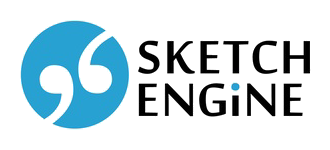German is one of the many languages whose text corpora are included in Sketch Engine, a tool for discovering how language works. Sketch Engine is designed for linguists, lexicologists, lexicographers, researchers, translators, terminologists, teachers and students working with German to easily discover what is typical and frequent in the language and to notice phenomena which would go unnoticed without a large sample of German text.
Sketch Engine has tools to identify and analyse collocations, synonyms and antonyms, examples of use in context, keywords or terms. Frequency word lists of German single-word or multi-word expressions of various types can be generated. Even users without any technical knowledge can create their own German corpus using the Sketch Engine's intuitive built-in tool.
Tools to work with German text corpora
To work with the German language, Sketch Engine offers the following tools:
German Word Sketch
Word Sketch is the easiest way to get an at-a-glance overview of a word’s behaviour. Collocations are displayed in categorized lists to identify strong and weak collocates easily. more»
Available Word Sketches for user corpora: Full-featured Sketch grammar.
Word Sketch difference will compare two word sketches and will indicate which collocates tend to combine with one word or the other. The information can be used to avoid mistakes in word choice or to study the differences between two words with a similar meaning. more»
German concordance
The concordancer included in Sketch Engine can be used to display a list of examples (called concordance) of the search word or phrase as it appears in German language text corpora. The search will display the keyword with some context to the right and context to the left of the keyword (KWIC concordance). more»
German term extraction
Terminology extraction is a feature of Sketch Engine which automatically identifies single-word and multi-word terms in a subject-specific German text by comparing it to a general German corpus. The tool is aimed at translators, terminologists, ESP teachers and anyone who needs to deal with domain texts. The screen with results includes links to example sentences and Wikipedia definitions. more»
Bilingual term extraction
Parallel corpora are used to extract terms in two languages simultaneously and display a terminology list with translations into the other language. more»
German thesaurus
The thesaurus is a feature that automatically generates a list of words similar in meaning to the keyword. more»
German word lists
The word list feature will generate a frequency list of all words that appear in a text or corpus. A very large corpus can be used to generate a list of all words that exist in German or all words that start, contain or end with specific characters. Advanced options can be used to generate lists of grammatical categories or parts of speech used in a corpus together with their frequencies. more»
N-grams in German
Generating a list of N-grams contained in a text makes it possible to identify and study patterns and notice phenomena related to multi-word units (MWU) in German that cannot be detected by other tools. more»
List of available German corpora
- trial – available to both trial users as well as paying subscribers
- main – only available to paying subscribers
- on demand – access to the corpus is subject to specific terms, click the corpus name for details




